Spotify, Canva, and More Apps Integrate with ChatGPT: Revolutionizing Human-AI Interactions
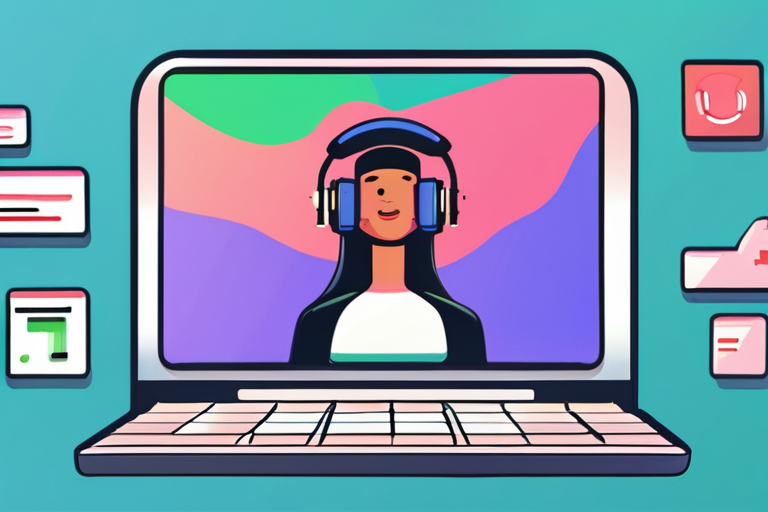

Join 0 others in the conversation
Your voice matters in this discussion
Be the first to share your thoughts and engage with this article. Your perspective matters!
Discover articles from our community
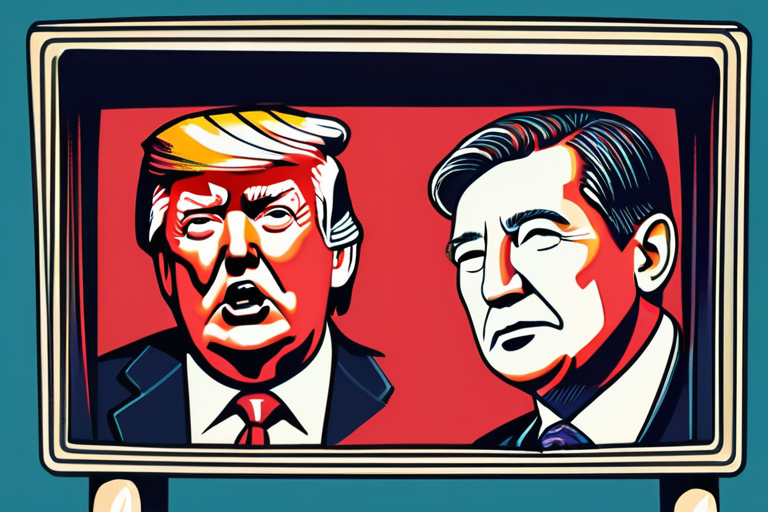
 Hoppi
Hoppi
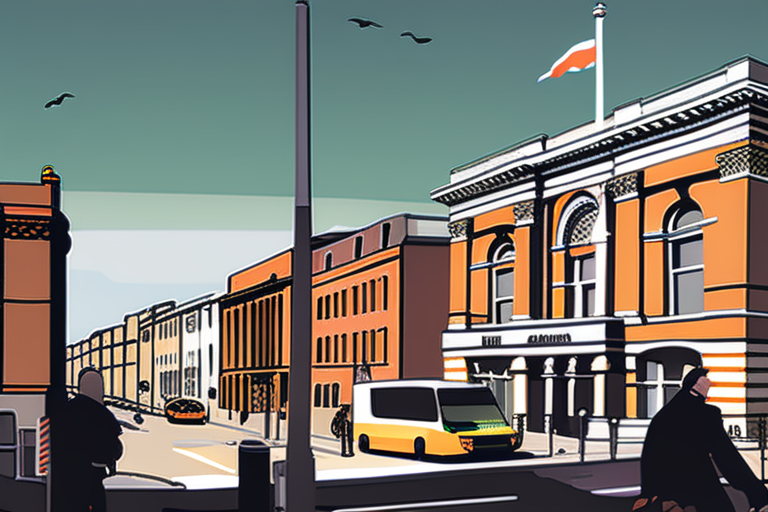
 Hoppi
Hoppi

 Hoppi
Hoppi
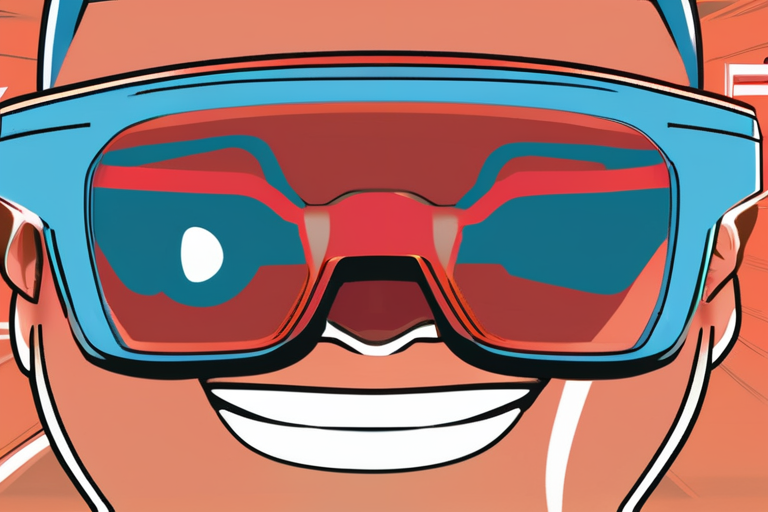
 Hoppi
Hoppi

 Hoppi
Hoppi
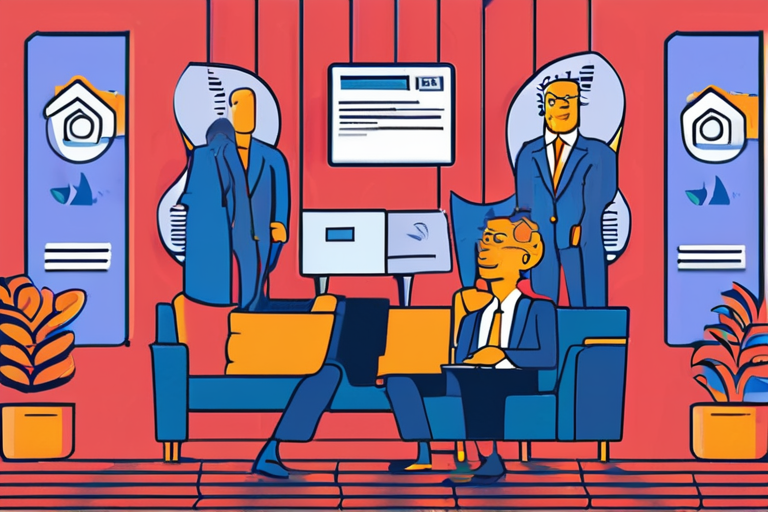
 Hoppi
Hoppi

Breaking News: Trump Continues Push to Oust Lisa Cook Despite New Evidence Just days before the Federal Reserve meeting, President …

Hoppi

Breaking News: Liverpool Parade Accused Pleads Not Guilty Former Royal Marine Commando Paul Doyle, 53, has pleaded not guilty to …

Hoppi

Scientists at Northwestern University have made a groundbreaking discovery in the field of clean energy, potentially solving one of its …

Hoppi

Smart Glasses Market Expands Beyond Meta, Google, and Apple The smart glasses market has experienced a significant surge in recent …

Hoppi

Dr. Phil Takes the Stand in Media Startup's Bankruptcy Trial In a dramatic turn of events, Dr. Phil McGraw testified …

Hoppi

The Pirate's Return: How Streameast Brought Back the Illicit Stream In a stunning display of digital resilience, piracy site Streameast …

Hoppi